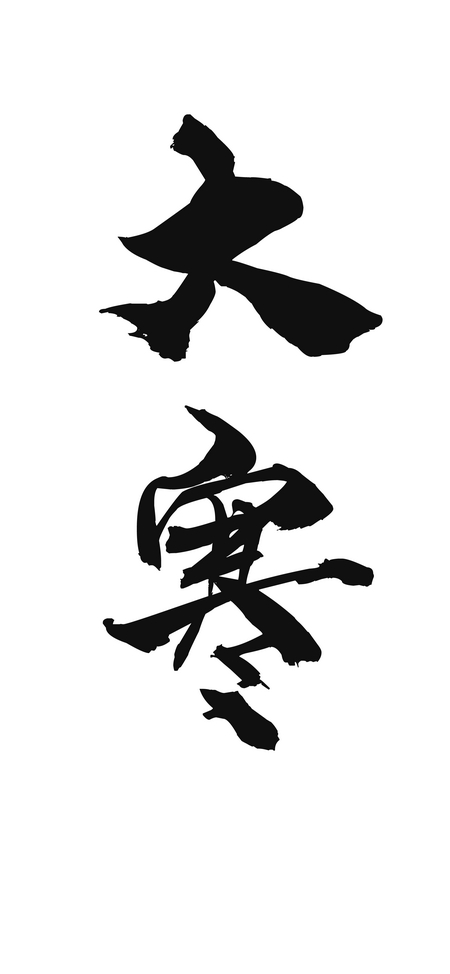

Preserved meats and customs are an essential part of the celebration as Lunar New Year commences, Zhang Lei reports.
Greater Cold, or dahan, like the previous Minor Cold, is a solar term that expresses the degree of severe chill. Dahan, spanning 15 days, is in the period of the third and fourth "nines" chart, a folk observation method of seasonal changes starting from Winter Solstice, in which every nine days count as a period until the "ninth nine", the 81st day, heralds the official arrival of spring. During dahan, the cold waves frequently move southward, making it the coldest season of the year. Greater Cold arrives when the sun reaches 300 celestial degrees. In ancient times, it meant that the break in farming in winter is coming to an end.

Greater Cold, the last of the traditional Twenty-Four Solar Terms, falls on Friday this year, one day before Lunar New Year's Eve. As eating cured meat is one of the customs of dahan, the demand for preserved food, in these more prosperous times, is more than in previous years. Statistics from Ele.me, one of China's nationwide food delivery platforms, show that in the past week, sales of preserved meat, such as Sichuan-style sausage, Hangzhou seasoned duck and Cantonese-style sausage, rose by more than 20 percent year-on-year. The meat is marinated with salt or sauce, and then placed in a ventilated place to dry during Major Snow, three solar terms prior to Greater Cold. There have been records about the tradition of eating preserved food as early as in the Rites of Zhou, a publication documenting bureaucratic systems during the Western Zhou Dynasty (c. 11th century-771 BC).